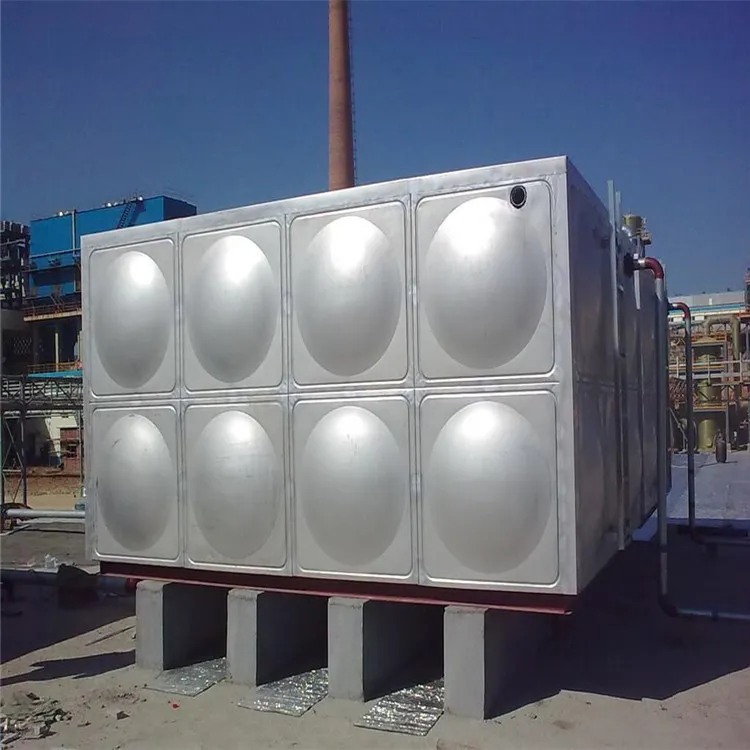loading...
- No. 9, Xingyuan South Street, Dongwaihuan Road, Zaoqiang County, Hengshui, Hebei, China
- admin@zjcomposites.com
- +86 15097380338
- Welcome to visit our website!
Green Fiberglass Grating for Sustainable Infrastructure Solutions and Eco-Friendly Construction Applications
Understanding Green Fiberglass Grating Advantages and Applications
In recent years, sustainability has become an increasingly important focus across various industries. One product that embodies this movement is green fiberglass grating. This innovative material combines the benefits of fiberglass with an environmentally friendly designation, making it a popular choice for a variety of applications.
What is Green Fiberglass Grating?
Fiberglass grating, often made of fiberglass-reinforced plastic (FRP), is a type of flooring system that offers outstanding strength-to-weight ratios. The “green” aspect typically indicates that the material is manufactured from environmentally friendly practices, or that it contains recyclable components. This grating is characterized by its open grid structure, which allows for light and air passage, reducing bulk and weight while also making it slip-resistant.
Environmental Advantages
The environmental benefits of green fiberglass grating are manifold. Firstly, the use of fiberglass itself is significant because it can often be produced with a lower carbon footprint compared to traditional materials such as steel or wood. Moreover, many manufacturers are now focusing on eco-friendly production techniques that minimize waste and energy consumption.
Another major advantage is the longevity of fiberglass grating. Unlike wood, which can decay or be susceptible to pests, or metal, which may corrode over time, fiberglass grating is resistant to chemicals, UV rays, and moisture. This durability means it doesn’t require frequent replacement, which translates to less waste and a longer life cycle. Additionally, many types of fiberglass grating are recyclable at the end of their life, enabling a closed-loop system.
Strength and Durability
One of the standout features of green fiberglass grating is its impressive strength and durability. The combination of fiberglass and resin allows it to withstand significant loads without warping or buckling. This makes it an ideal choice for industries that require sturdy flooring options, such as manufacturing, construction, and marine applications.
green fiberglass grating

The lightweight nature of fiberglass also makes installation easier compared to heavier materials. This can lead to lower labor costs and quicker project turnaround times. Furthermore, since fiberglass grating is non-conductive, it is safe to use in environments where electrical hazards may be present, adding another layer of appeal for various sectors.
Application Areas
The versatility of green fiberglass grating allows it to be used across a wide range of applications. In industrial settings, it is commonly found in platforms, walkways, and drainage covers, where its slip-resistant properties and robustness are essential. In commercial applications, it’s often used as a flooring solution in restaurants, malls, and public buildings, providing both safety and aesthetic appeal.
Additionally, green fiberglass grating finds applications in wastewater treatment facilities, chemical processing plants, and other locations where exposure to corrosive substances is a concern. Its ability to resist chemical degradation while allowing for the safe passage of fluids makes it an indispensable choice.
Aesthetic Considerations
While functionality is paramount, the aesthetic appeal of green fiberglass grating should not be overlooked. Modern designs are available in various colors and textures, making it a visually pleasing option. This allows designers and architects to integrate the grating seamlessly into their projects, whether they are aiming for a rustic look or a contemporary vibe.
Conclusion
In summary, green fiberglass grating presents an innovative and eco-friendly solution that caters to the needs of modern industry while promoting sustainability. Its unique combination of strength, durability, and environmental friendliness positions it as a leading choice for various applications. As industries continue to prioritize eco-conscious practices, materials like green fiberglass grating will undoubtedly play a crucial role in paving the way toward a more sustainable future. Whether utilized in industrial, commercial, or environmental applications, this material represents a forward-thinking approach to infrastructure and design.
-
The Rise of FRP Profiles: Strong, Lightweight, and Built to LastNewsJul.14,2025
-
SMC Panel Tanks: A Modern Water Storage Solution for All EnvironmentsNewsJul.14,2025
-
GRP Grating: A Modern Solution for Safe and Durable Access SystemsNewsJul.14,2025
-
Galvanized Steel Water Tanks: Durable, Reliable, and Ready for UseNewsJul.14,2025
-
FRP Mini Mesh Grating: The Safer, Smarter Flooring SolutionNewsJul.14,2025
-
Exploring FRP Vessels: Durable Solutions for Modern Fluid HandlingNewsJul.14,2025
-
GRP Structures: The Future of Lightweight, High-Performance EngineeringNewsJun.20,2025
